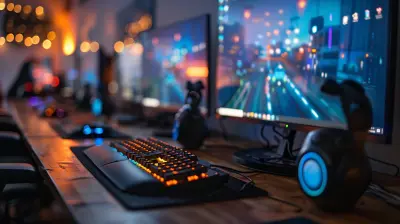Crafting the Perfect Character Build in PC RPGs
29 June 2025
There's something magical about diving into a new role-playing game (RPG) on PC. You’re not just playing a game—you’re stepping into another world, molding a character that reflects your playstyle, your choices, even a part of your personality. But let’s be honest—a great RPG experience often lives or dies by how well you build your character. Sounds dramatic? Maybe. But if you've ever created a squishy mage who can't survive a goblin's sneeze, you know exactly what I mean.
So, how do you craft that ultimate character—the one that's not only effective but also fits like your favorite pair of jeans? Sit back, grab a snack, and let’s break down everything you need to know about crafting the perfect character build in PC RPGs.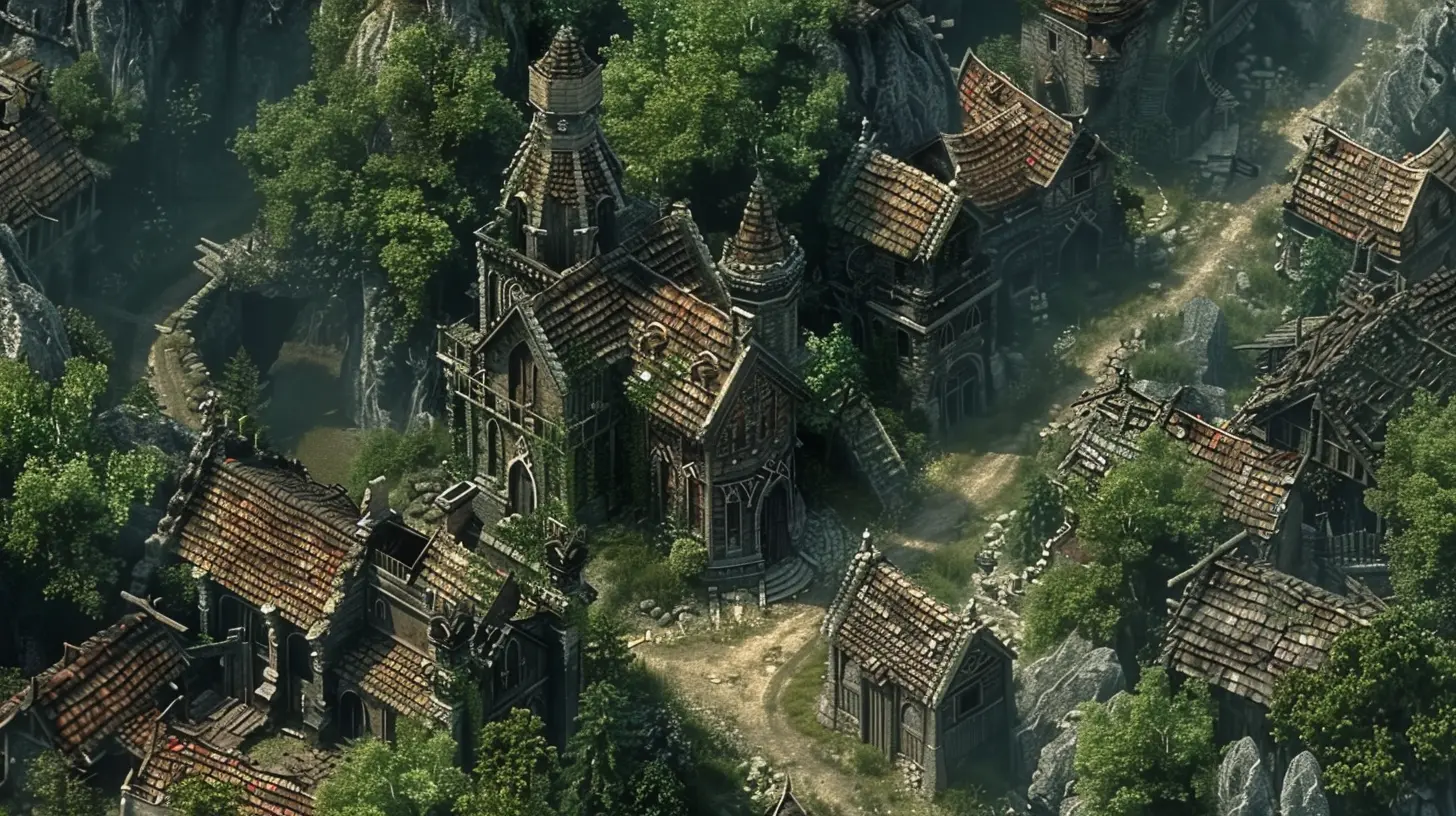
Why Character Builds Matter So Much
Think of your character build as the blueprint for everything your in-game persona can do. It’s your foundation. Get it wrong, and you’ll find yourself outmatched, frustrated, or forced into playstyles you don’t enjoy.A good build gives you freedom. A GREAT build makes you feel like a god among mortals. Whether it’s tactically dismantling enemies or outwitting NPCs with charm and wit, your build shapes your story.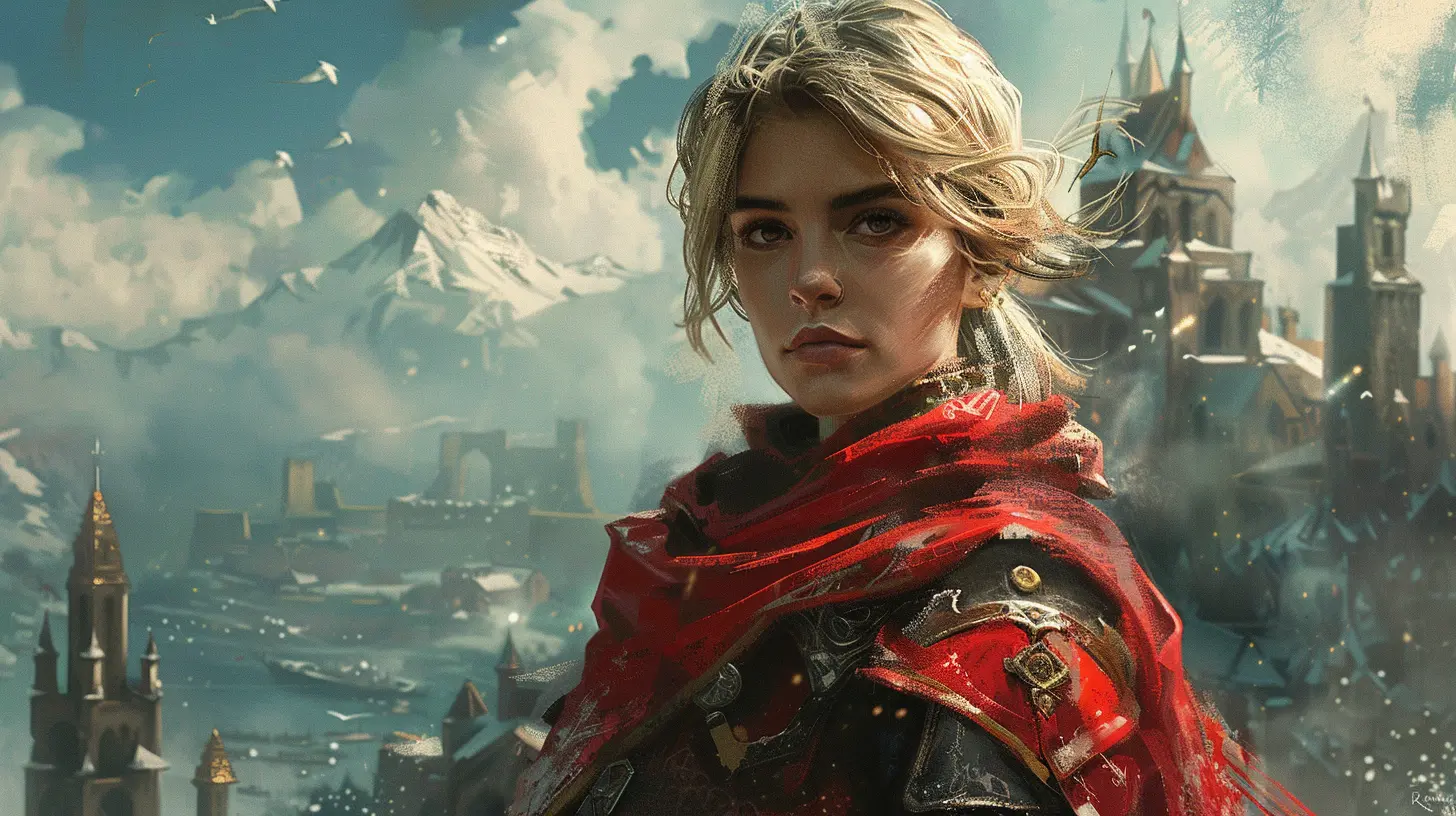
Know Your RPG Genre: Not All Builds Are Created Equal
Before you even start putting stats into strength or intelligence, you need to understand the kind of RPG you’re playing.- Action RPGs (e.g., The Witcher 3, Dark Souls): These games focus on reflexes, movement, and real-time combat. Builds often tie into gear and mechanics like dodging or parrying.
- Tactical/Turn-Based RPGs (e.g., Divinity: Original Sin 2, Baldur’s Gate 3): Strategy rules here. Carefully planning skill combos and party synergy is more important than twitch reflexes.
- MMORPGs (e.g., World of Warcraft, Elder Scrolls Online): Your build affects more than just you. Group dynamics matter big time. You'll need to choose roles—like tank, healer, or damage dealer—and stick with them.
Choosing the right build means understanding the playground first. You can't build a Formula 1 car and expect it to handle off-road terrain.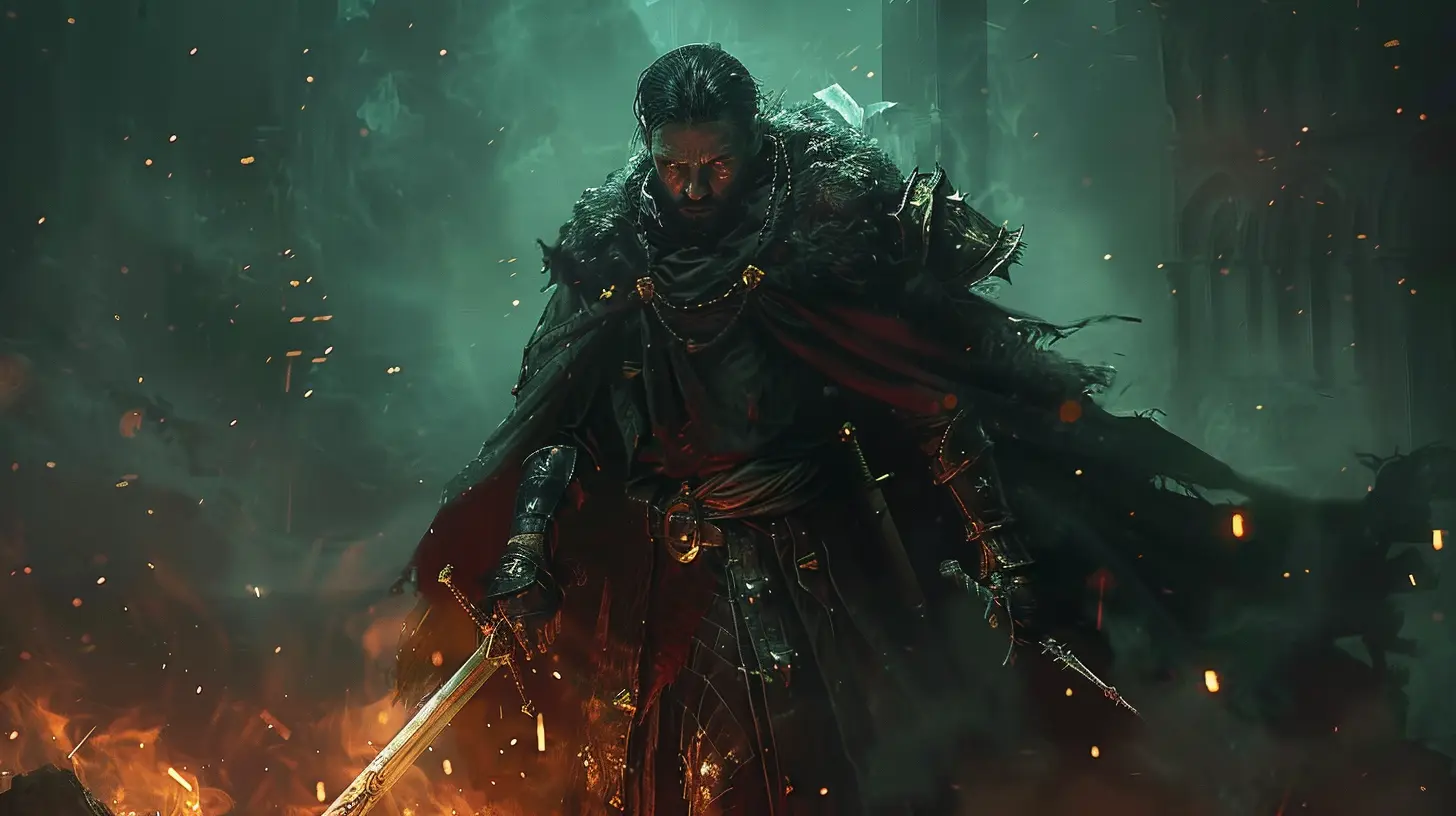
Step 1: Decide on Your Preferred Playstyle
Let’s face it—no matter how "optimized" a build is, if you hate playing it, what’s the point?Ask yourself a few questions:
- Do I like to get in enemies’ faces, or pick them off from a distance?
- Am I patient and strategic, or do I like chaos and explosions?
- Do I want to support others, or carry fights myself?
You’ve got the usual archetypes:
- The Warrior: Melee-focused, super tanky, often has high health and armor.
- The Mage: Glass cannon. Powerful spells, but fragile. Keep your distance!
- The Rogue/Assassin: Stealthy, fast, often hits hard once and vanishes.
- The Ranger: Long-range attacks, often with pets—great for soloing.
- The Healer/Support: Buffs allies, debuffs enemies. Often underappreciated but vital in co-op.
Pick a style that resonates with you. That’s your first step toward greatness.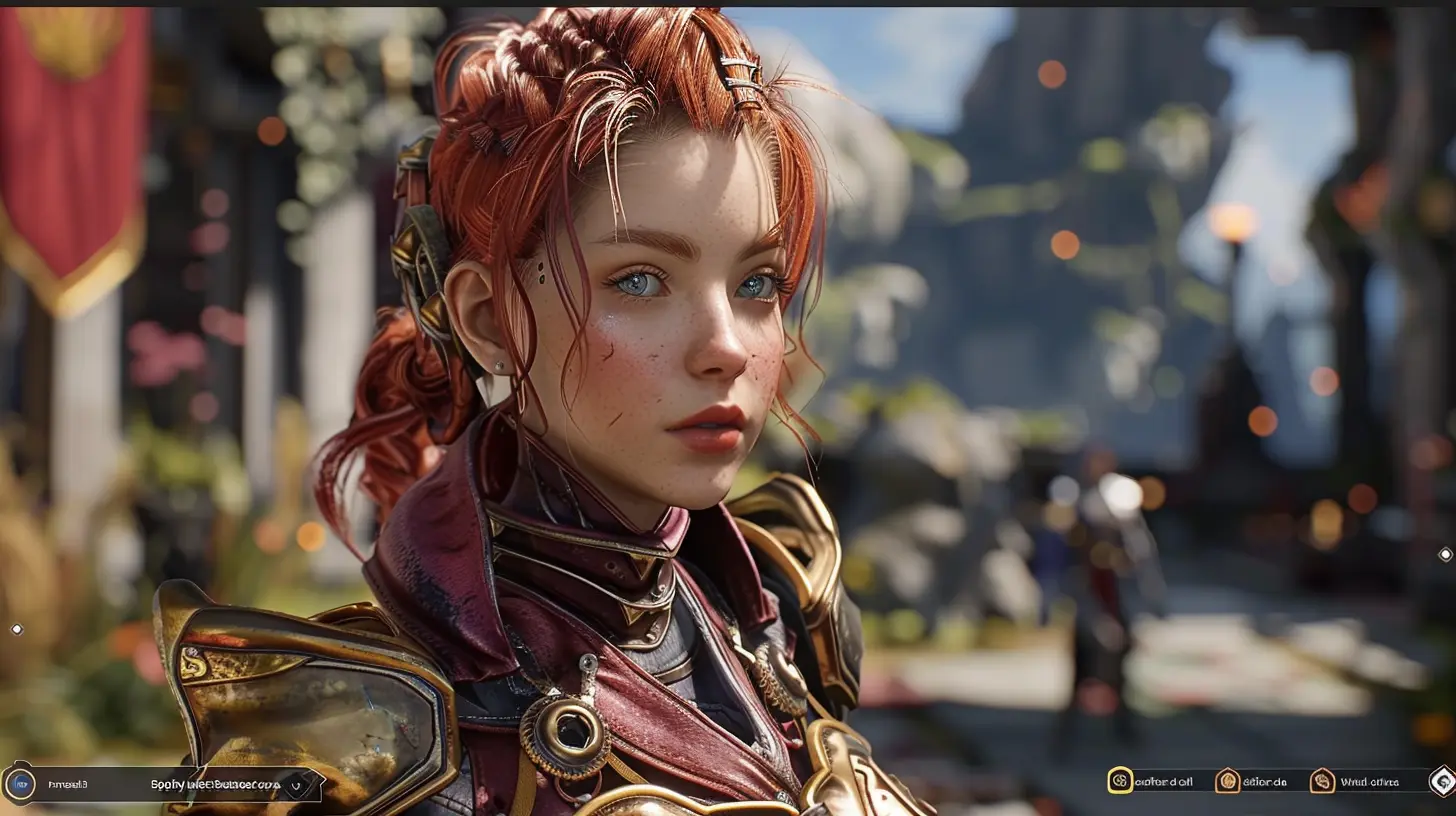
Step 2: Master the Stats—Don’t Just Click Randomly
Stats are the skeletal structure of your character. Each RPG has its own quirky terms—Vigor, Intelligence, Charisma, etc.—but they generally translate to:- Strength: Physical power, melee damage.
- Dexterity: Speed, agility, accuracy. Think archers and thieves.
- Intelligence/Wisdom: Magic power, spell effectiveness.
- Endurance/Vitality: Health and stamina.
- Charisma: Dialogue checks, persuasion, leadership.
- Luck: Critical hits, drop rates, weird game-specific bonuses.
Here's the trick: Don’t spread yourself too thin. Focus on core stats that empower your playstyle. Want to be a deadly archer? Dump your points into dexterity and ranged skills, not strength and melee. Specializing gives you power. Being a jack-of-all-trades early on? That’s a fast ticket to mediocrity.
Step 3: Pick Skills That Synergize
Ever seen a build that just…works? Like clockwork? That’s synergy in action.If you’re a fire mage, pick up skills that amplify burn damage. If you’re a dual-wielding rogue, stack bleed effects and crit bonuses. Combining passive buffs with active skills creates a feedback loop that makes your character unstoppable.
And here’s a golden rule: Don’t just pick skills that "look cool." Pick ones that work together.
Also, don’t ignore utility skills—teleportation, lockpicking, crafting. These may not win battles, but they shape the world around you.
Step 4: Gear Up Like a Pro
Your gear is your lifeline. In many games, it can make or break your build.- Match your equipment with your stats. Don’t wear heavy armor if your character’s built for dodging.
- Enchantments, gems, runes—use them. Customizing your gear for bonuses (think crit rate, cooldown reduction) gives you the edge.
- Upgrade often. That rusty dagger from level 5 has no business being with you at level 20.
Quick tip: Always keep an eye out for set bonuses from full gear sets. These usually offer powerful passive abilities when equipped together.
Step 5: Understand Game Mechanics Deeply
Every RPG has hidden mechanics under the hood—sometimes poorly explained, sometimes not mentioned at all.Want to be truly unstoppable? You’ve got to read between the lines.
- How does armor scaling work?
- What’s the difference between magic resist and elemental resist?
- Does critical hit chance stack linearly or exponentially?
Knowing these things lets you tweak your build to perfection. Join forums, watch guides, or just experiment until you crack the code.
Step 6: Adapt Your Build Over Time
You won’t nail the perfect build immediately, and that’s okay.Many games allow respecs (rebinding your attribute points). Don’t be afraid to start over if your build isn’t clicking. Use early levels to test different abilities and playstyles.
Think of your character as a work-in-progress sculpture. Sometimes you need to chisel away and reshape it to make a masterpiece.
Step 7: Consider Party Synergy (Especially in Co-op or Party-Based RPGs)
In games where you control or play with multiple characters, your build needs to gel with the team.- Avoid role overlap. It’s inefficient to have three tanks and no ranged damage.
- Complement abilities. A mage casting freeze spells pairs beautifully with a rogue that gets crit bonuses on frozen enemies.
- Support characters are key. Buffs, debuffs, healing—they might seem boring, but they elevate the team.
Building for synergy turns a good team into an unstoppable one.
Step 8: Keep Fun Front and Center
Here’s a curveball: the "perfect" build isn’t always the most optimal one—it’s the one that makes you grin every time you trigger that massive ability or land that perfect combo.Some players thrive on min-maxing and spreadsheets. Others just want to summon wolves and shoot fireballs. Both are valid.
So don’t get so caught up in numbers that you forget why you’re playing in the first place—to have fun.
Pro Tips From One Gamer to Another
Let me hit you with a few rapid-fire tips before we wrap up:- Use save files wisely. Save before major character-building decisions. You'll thank yourself later.
- Don’t neglect defense. Damage is flashy, but survivability wins fights.
- Look for synergies across different skill trees. Some of the best builds come from combining unexpected abilities.
- Play the long game. Think about how your build will evolve at higher levels.
- Experiment in safe zones. Try new gear/skills in controlled environments before heading into boss fights.
The Takeaway: Build a Legend, Not Just a Loadout
Creating the perfect character build in PC RPGs isn't about copying someone else's meta or blindly following tier lists. It's about understanding the game, knowing yourself, and piecing together a character that feels like it was made just for you.So embrace the experimentation, lean into your preferences, and don’t be afraid to mess up. Some of the best builds come from happy accidents and wild ideas.
Your character? They’re more than stats and skills. They're a story in the making—and you’re the author.
all images in this post were generated using AI tools
Category:
Pc GamesAuthor:

Greyson McVeigh
Discussion
rate this article
2 comments
Molly James
Creating the ultimate character build is like cooking a delightful stew! Toss in a dash of charisma, sprinkle some wisdom, and don't forget that secret ingredient—fun! Let’s make our RPGs deliciously unforgettable! 🍲🎮
February 17, 2026 at 5:42 PM
Velma Barron
Great article! Crafting the perfect character build can be such a rewarding journey in RPGs. It’s all about finding that balance between personal style and strategic gameplay. I appreciate your insights and tips—definitely going to try some of these ideas in my next playthrough!
July 12, 2025 at 3:07 AM

Greyson McVeigh
Thank you! I'm glad you found the tips helpful. Enjoy your next playthrough!


